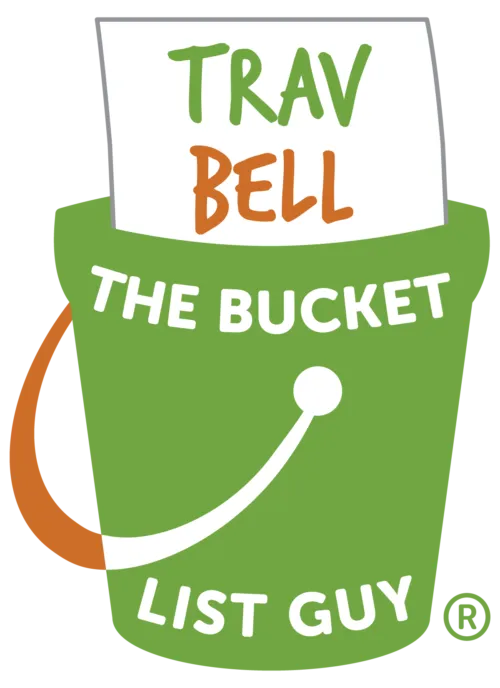LATEST BLOG POSTS

FLOW: The Pathway 2 Optimal Performance
I've been fascinated with the concept of "flow" for years. When I keynote speak I'm in "flow". When I surf I'm in "flow". When I DJ I'm in "flow". When I'm creating I'm in "flow". When I run I'm definitely NOT in "flow". 😂
"Flow" is what does it feel like when you're so completely engrossed in an activity that everything else fades into the background. Time seems to stand still, and your focus sharpens to a pinpoint on the task at hand. You're in the zone. You're in "flow."
Origins of Flow
The concept of flow was first proposed by the psychologist Mihaly Csikszentmihalyi (try saying that 5 x fast!) in 1975. Csikszentmihalyi's work emerged from his fascination with artists who would lose themselves in their work, often foregoing food, sleep, and even personal safety to continue their creations. He started to explore this state of deep focus and total immersion, and what he discovered was a universally understood experience, which he called "flow."
Csikszentmihalyi defined flow as a mental state in which a person performing an activity is fully immersed in a feeling of energized focus, full involvement, and enjoyment in the process of the activity. He proposed that this is a state of complete absorption where time seems to disappear, and performance becomes effortless and highly effective.
Research on Flow
In the decades since Csikszentmihalyi's initial exploration, a wealth of research has been conducted to understand the mechanisms behind flow and how it can be applied in various fields. Studies have consistently linked the flow state to improved performance in a wide range of activities, from sports and music to writing and coding.
Neuroscience has also given us intriguing insights into flow. Research has revealed that during flow states, the prefrontal cortex — the area responsible for our sense of self, self-criticism, and conscious decision-making — is less active in a process known as "transient hypofrontality." This reduction in activity helps to lift the constraints usually imposed by conscious control, allowing more automatic and intuitive processes to take over.
Achieving Flow
So, how do we tap into this powerful state? While it might seem elusive, research has identified several conditions that can encourage flow:
Challenge-Skill Balance: Flow occurs when the challenge of the task at hand matches our skill level. If the challenge is too high, we may become anxious. If it's too low, we might become bored. A harmonious balance leads to flow.
Clear Goals: Knowing what you want to achieve in a task provides a roadmap for action. Clear goals provide direction and structure, which aids in entering the flow state.
Immediate Feedback: Knowing how well you're doing as you perform a task helps you adjust your actions and maintain the challenge-skill balance.
Focused Attention: Flow requires undivided attention on the task at hand. This can be cultivated by reducing distractions, practicing mindfulness, or through techniques such as the Pomodoro Technique, where focused work periods are interspersed with short breaks.
Flow and Performance
Achieving flow can significantly enhance performance across a variety of domains. In sports, athletes often describe being in the zone during peak performances. Musicians, writers, and artists often enter flow states during creative processes, producing high-quality and innovative work.
In the business world, flow can lead to increased productivity, creativity, and satisfaction. It’s also crucial in education, where it can boost learning and engagement. Essentially, flow is a state where we perform our best, while also experiencing deep enjoyment from what we are doing.
Csikszentmihalyi's work on flow has been revolutionary in understanding human performance and potential. Whether we're artists, athletes, students, or business leaders, the concept of flow can transform our approach to tasks and lead us toward more profound experiences and achievements.
As we continue to explore the complexities and potential of the human mind, the understanding of flow will undoubtedly continue to evolve, offering new ways to harness our potential and enrich our lives. By recognizing and pursuing flow, we can unlock extraordinary levels of performance and personal satisfaction, making our work and our passions not just more successful, but also more fulfilling.
In my opinion, a significant amount of flow and flow-state moments throughout the day is an integral part of living a Bucket List Life. This is my wish for you. More flow = More happiness.

